Active participation and young people
Use this provocation to explore the ways young people can participate in democracy.
Discuss the ways students can read up, dress up, stand up, speak up and show up.
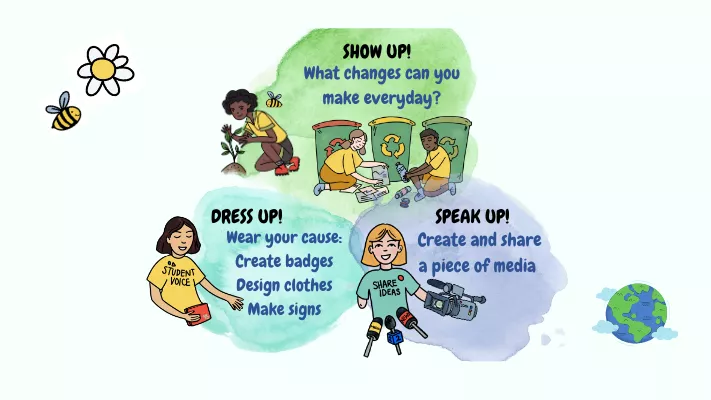
MoAD and the Courtyard Cafe are open. There may be building works during your visit. Learn more


Discuss the ways students can read up, dress up, stand up, speak up and show up.

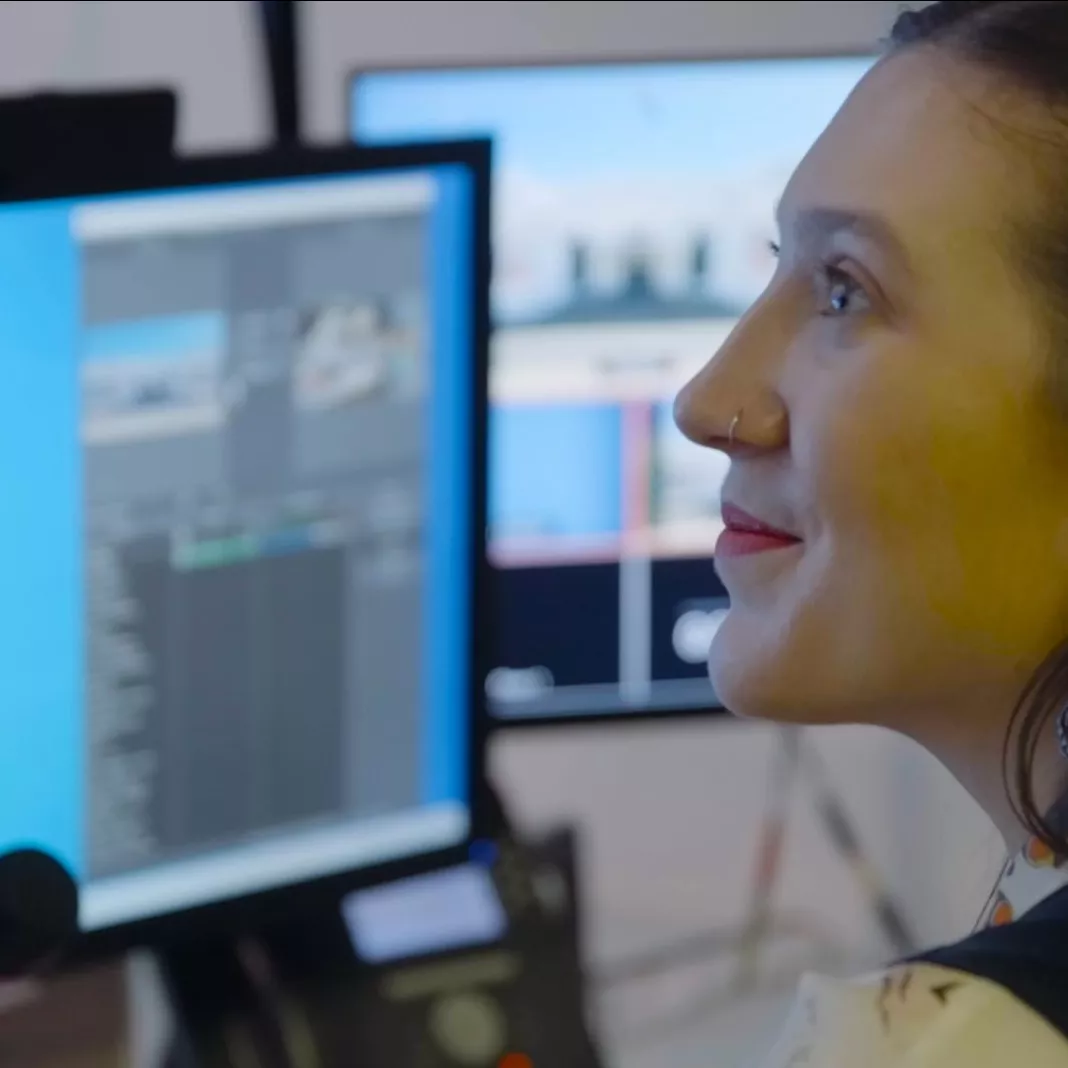
Visit MoAD from your classroom and get young people talking about democracy, leadership and sustainability.
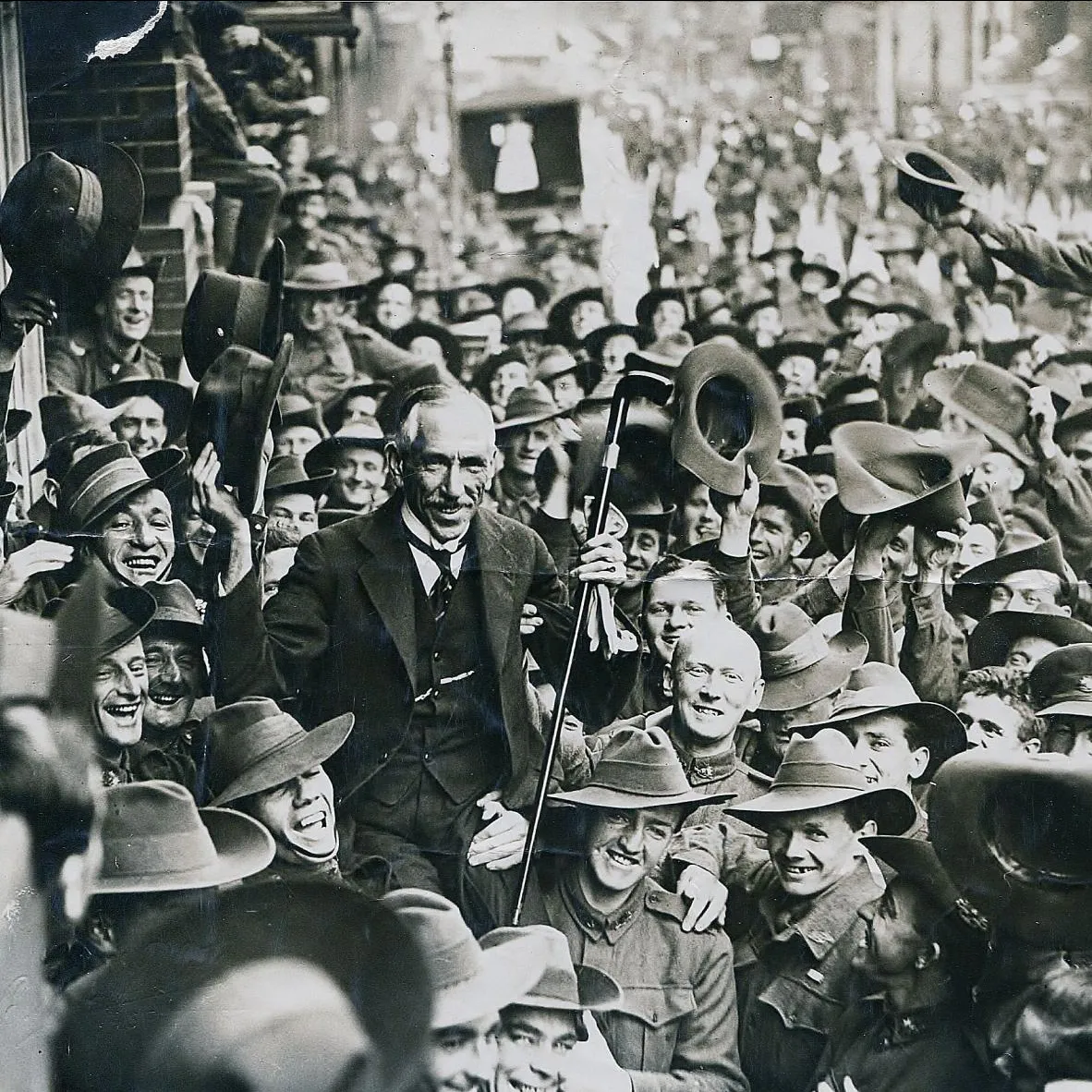
Discover Billy Hughes's role in the peace treaty negotiations.
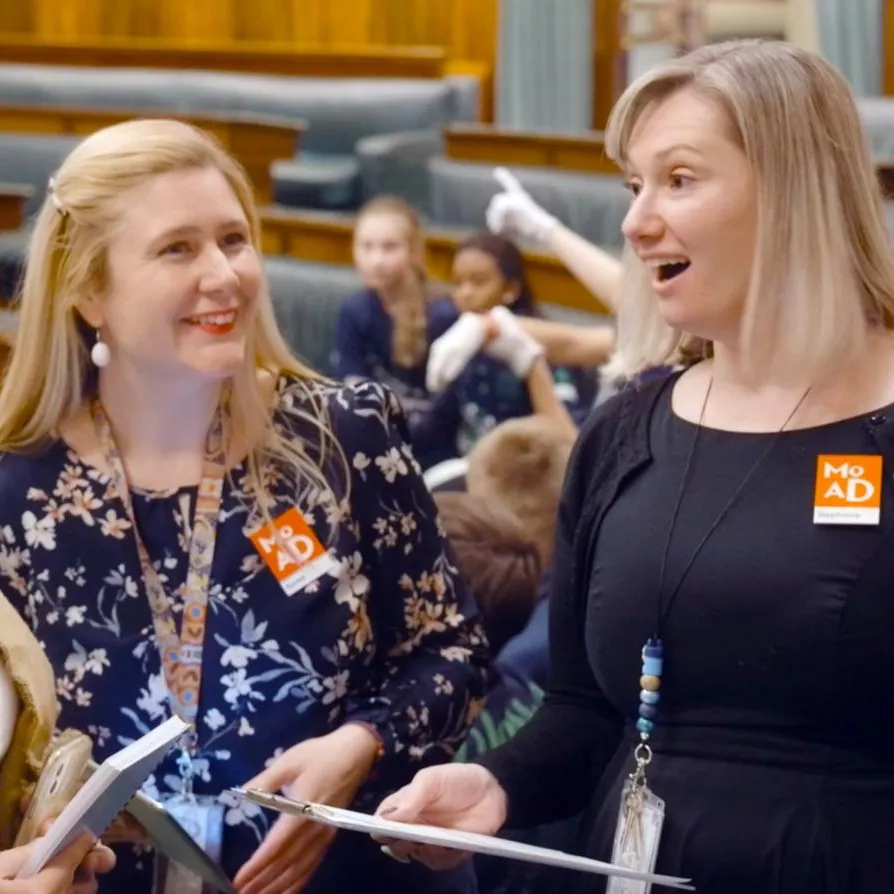
Practical resources and ideas to use in the classroom across civics and citizenship, media literacy and more.
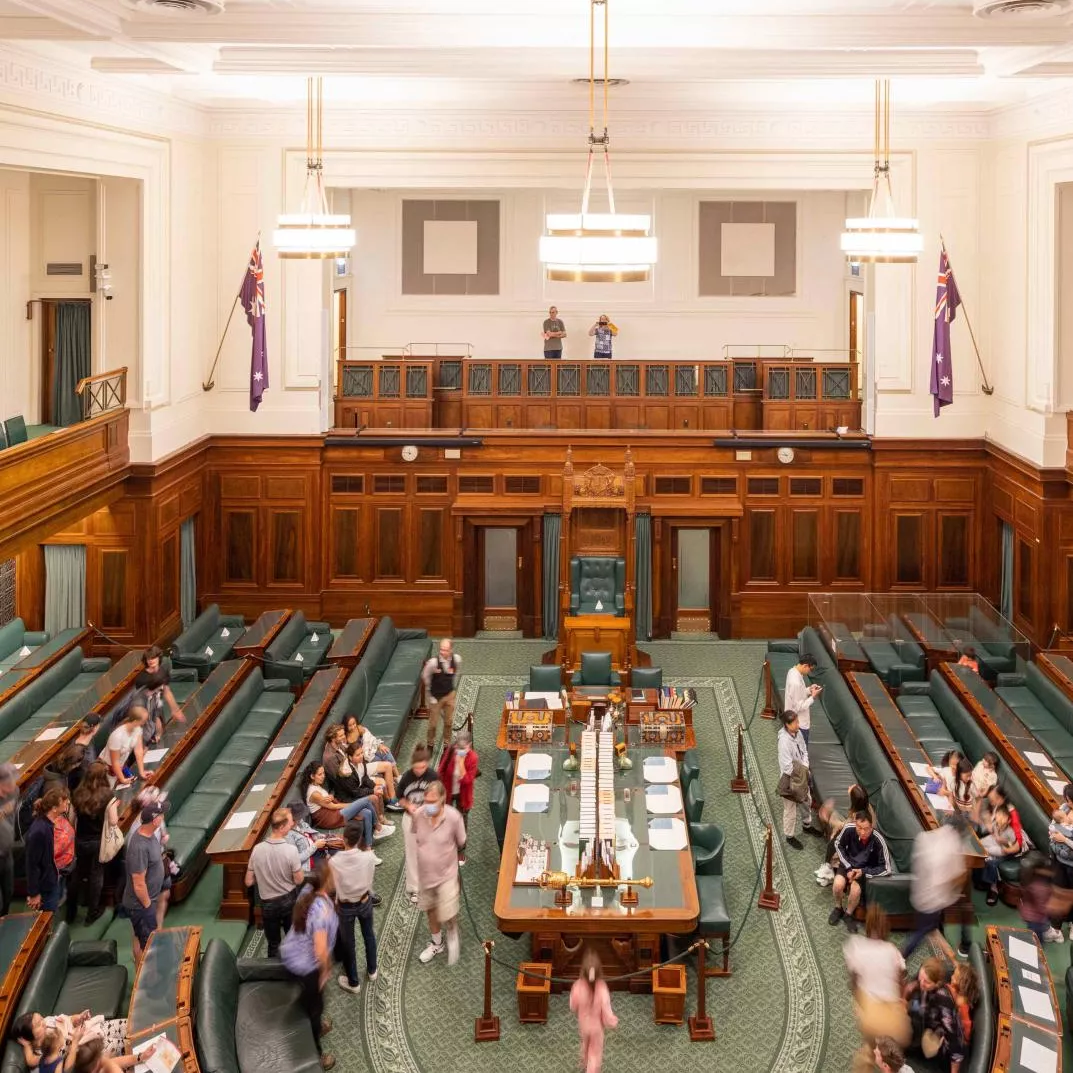
Find out what's on, how to get here, access guidance, our shop and cafe.
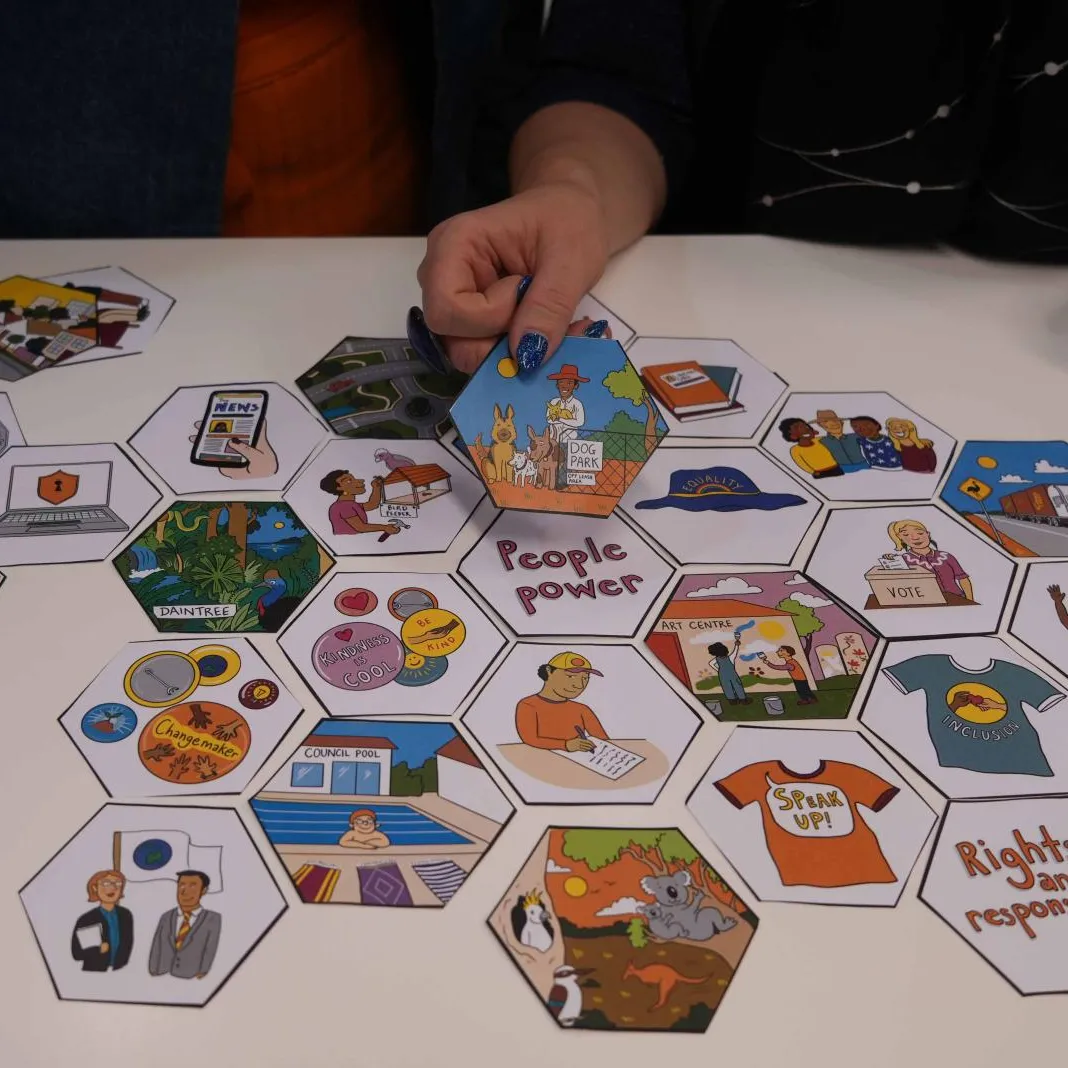
Join a brand-new Civics and Citizenship program for regional classrooms.

Find activity sheets and resources for use in your classroom.
The Museum of Australian Democracy acknowledges Australia's First Nations peoples as the Traditional Custodians of Country throughout Australia. We recognise their continuing connection to land, waters and community. We respectfully acknowledge the role that First Nations people continue to play in shaping Australia's democracy. We also acknowledge the Ngunnawal, Ngunawal and Ngambri peoples as the Traditional Custodians of the region in which MoAD is located.
© Copyright 2025 Museum of Australian Democracy at Old Parliament House Privacy Statement
